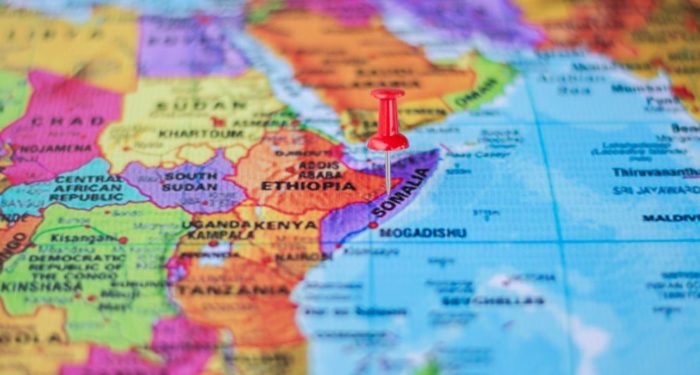A new report, conducted by OEF Research in cooperation with OBP and Secure Fisheries, highlights that it is not only piracy that affects maritime security in Somali land, but other complex issues as well, such as illegal fishing, coastal violence, and human trafficking. In particular, there are eight important factors which create an insecure maritime environment in Somali waters.
Key Findings:
-
The strategic location of the Somali region and its poor governance capacity makes it a central hub in several illicit transnational networks with connections across much of the Western Indian Ocean.
-
Criminal networks are adaptive, seeking new ways to profit from poor maritime governance.
-
Maritime security, free from all forms of criminal profiteering, can only be obtained through building the capacity to manage and patrol Somali waters over the long term.
-
Undermining criminal networks and addressing their root causes requires an all-inclusive approach that issue-specific methods are unlikely to resolve.
The report entitled ‘Stable Seas’ explains that regional conflicts have shifted human migration flows, and this has further accelerated the smuggling of both trafficked persons and arms across the Gulf of Aden. Poor fisheries management contributed to the emergence of Somali piracy. Poor governance and weak economic conditions contributed to the emergence of violent non-state actors like ISIS and al-Shabaab, and now these groups are further undermining political and economic systems. Maritime insecurity has enriched these non-state actors, weakening governance onshore.
In addition to piracy, other types of violence at sea, including missile strikes and explosive-laden skiffs, pose a threat to maritime activity in the region. Gaps in governance allow for foreign IUU fishing, that is in direct competition with local fishers and is detrimental to the health of fisheries. This competition can lead to conflict over resources. The porousness of Somali maritime boundaries facilitates a sophisticated and well-networked trade in arms and ammunition. The lawlessness of the region is additionally exploited to deliver arms to other conflict zones such as Yemen.
Poor monitoring and inadequate patrolling facilitate the arrival and departure of contraband like black market charcoal, sugar, and counterfeit goods, as well as illegal goods like narcotics and even wildlife. The Somali region is central to both maritime and overland migration and human trafficking routes linking Africa to Europe. It can be significantly affected by origination and destination conditions.
Further details may be found by reading the report:
































































